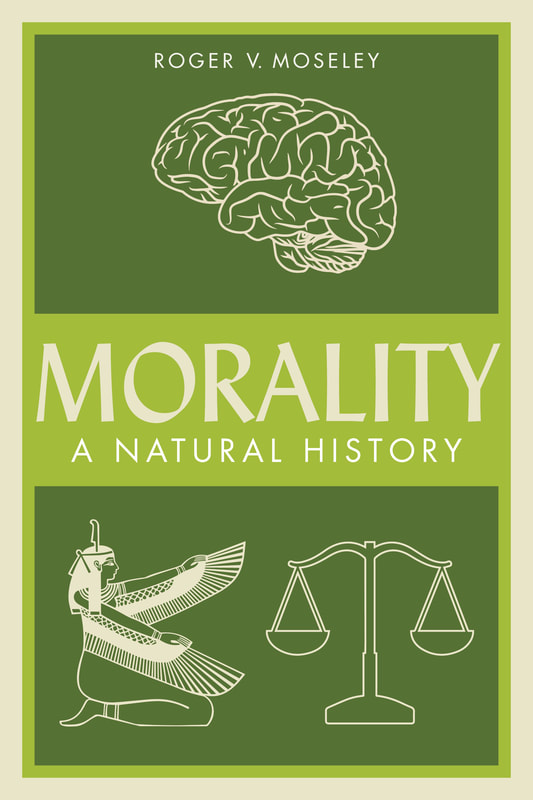Praise for Morality: A Natural History"This work expands morality beyond notions of it within traditional religious teachings; its conclusions apply to all people, and its utilitarian perspective recognizes the necessity of compromises. Here, morality is about searching for the best way to live with courage and authenticity. Traditional materials are employed in interesting ways to tease out and support the book’s ideas. Altruism is creatively examined through game theory, for example, tying it to ethical experiments such as the prisoner’s dilemma to show that self-interest sometimes results in unexpected, good choices....
A wide-ranging, organized, cohesive statement about what morality means, Morality is a thought-provoking text." --Jeremiah Rood, 4/5-star Foreword Clarion Review "The author explores an impressively broad swath of intellectual territory over the course of his book, as he looks at how neuroscience, anthropology, and evolutionary psychology, among other disciplines, made contributions to moral theory. [...] An accessible entry to how scientific advances brought a measure of clarity to moral discourse. Overall, Moseley’s work is lucid, sensible, and ultimately a worthwhile read [...]. A thoughtful and readable introduction to a complex subject."
--Kirkus Reviews "This is a fascinating and profound reflection on the natural history of the idea of morality, as seen from the perspective of twenty-first century knowledge. The author had a distinguished medical career, and now has turned to scholarship. The result is an amazing and refreshing intellectual tour of the perspectives that contemporary forms of knowledge provide on the idea and practice of morality. I have learned so much that I did not know from this account, and for that I am deeply grateful to Roger Moseley."
—Stanley N. Katz, Professor, Woodrow Wilson School, Princeton University; Director, Princeton University Center for Arts and Cultural Policy Studies; President Emeritus, American Council of Learned Societies; National Humanities Medal, 2010 "This is a deep yet comprehensive treatment of human morality as it develops in the individual, and as it may have evolved in our species. It is an evidence-based synthesis of recent research in areas as diverse as neuroscience and infant behavior. Moseley's graceful and lucid writing should make the book accessible to general readers, while appealing to those who may already have thought about the nature and origins of morality."
—Evelyn M. Witkin, Barbara McClintock Professor of Genetics, Emerita, Rutgers, the State University of New Jersey 2002 recipient of the National Medal of Science “The concept of morality poses questions–how it evolved, how it can coexist with individual self-interest, and so on–that span many fields: philosophy, psychology, sociology, biology, game theory, and more. Each expert brings a narrow specialist focus to these questions. It takes an intelligent broad-ranging outsider to see the concept as a whole, and integrate the specialized perspectives. Roger Moseley gives us exactly that in this rigorously researched, lucidly written and highly readable book.”
—Avinash Dixit, Sherrerd University Professor of Economics, Emeritus, Princeton University “Humans would like to think that morality is a quintessential distinction between their lives and those of other animals. So when zoologists and psychologists suggest that morality is itself a product of Darwinian natural selection, the sparks start to fly, not so much from the ideas themselves, as from the grinding of disciplinary axes. So it is refreshing to see a discussion written by someone wielding the ideas rather than the axes. Moseley presents a wise selection of ideas and supporting arguments, ranging from outright science to humanistic insights and implications. He writes with enticing clarity and persuasive logic. His main citations are works accessible to lay-folk, but he has explored the original literature where the secondary references are sketchy, and he has gotten everything in my particular field of study right.”
—Henry S. Horn, Emeritus Professor of Ecology and Evolutionary Biology, Princeton University. |

